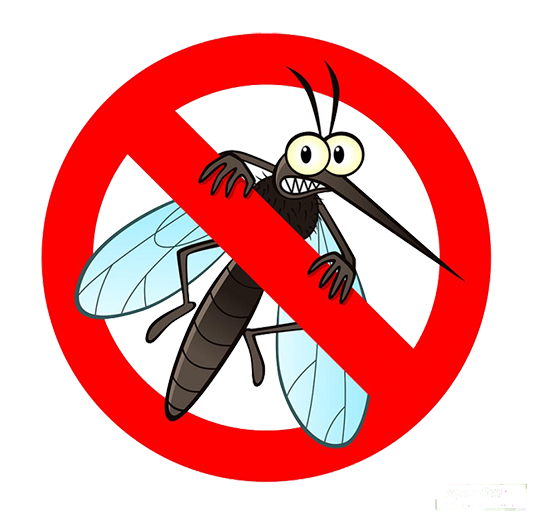Since then, Asia, Africa, the Americas and Europe have identified at least 1.5 million cases and counting. Over the years, we’ve seen Chikungunya become a pandemic – leaving the Caribbean and Asia as some of the most at-risk countries due to the climate and near perfect island habitat for mosquitoes.
Symptoms of Chikungunya are actually quite similar to both Dengue and Zika since the same type of mosquito (Aedes aegypti/Aedes albopictus) spreads them. Unfortunately, it’s another mosquito borne illness that does not have a vaccination or specific treatment. Mild cases are more widespread and death or severe complications from the illness are extremely rare. For mild cases, the best recommendations are to hydrate and take fever reducers like acetaminophen or Tylenol. It is important to avoid non-steroidal anti-inflammatories like Aspirin until Dengue is ruled out since a serious symptom of Dengue is excessive internal bleeding (fever reducers like Aspirin thin the blood).
One major concern with Chikungunya is that most people infected are likely to show symptoms such as joint pain, joint swelling, fever, headache, muscle pains and rash rather than have no symptoms. Recovery is relatively quick, lasting around one week, although joint pain may persist for weeks or months. Another difficulty with Chikungunya is that it takes 3-7 days to start experiencing symptoms. This means if you are out and about within the pre-symptomatic period, you can be bitten more by mosquitoes allowing the transmission of the illness to other people.
People who are at risk for Chikungunya are newborns, seniors 65 years and older and people with pre-existing conditions like high blood pressure, heart problems, etc.
Chikungunya closes out our month of addressing popular mosquito borne illnesses that are impacting more and more areas of the world in larger numbers as time goes on. Make sure to check with resources both local and worldwide like PAHO, WHO and the CDC to get more information on these illnesses. If you have a mosquito issue near your home, work or property and need guaranteed results without harming your community, let us know here at Mosquito Magnet for the Caribbean!



Recent Comments